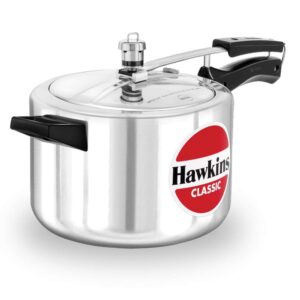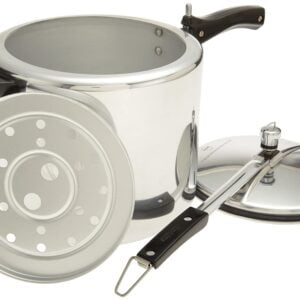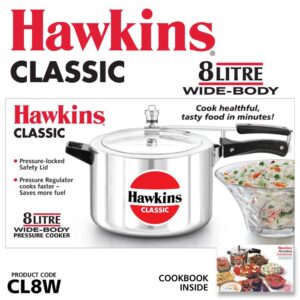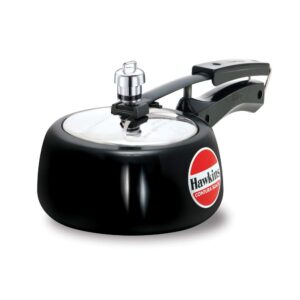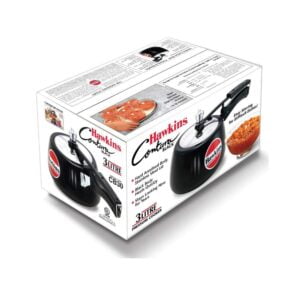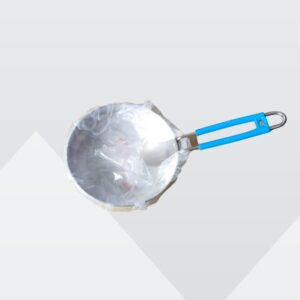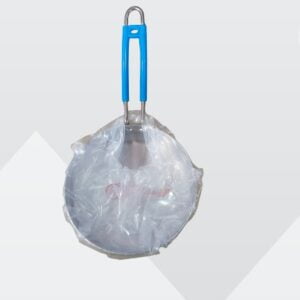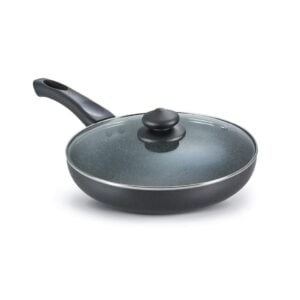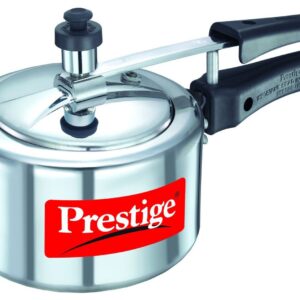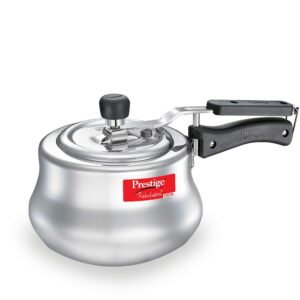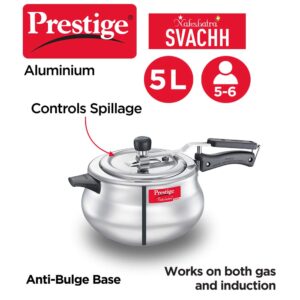No products in the cart.
Aluminium
Aluminum is a lightweight, strong, and versatile metal that is widely used in a variety of industries, including construction, transportation, and packaging. It is the third most abundant element in the earth’s crust, making it a relatively inexpensive material to produce and use.
One of the primary advantages of aluminum is its lightness. It is about one-third the weight of steel, making it an ideal material for lightweight structures such as aircraft and automobiles. Despite its lightness, aluminum is also strong and durable, making it an excellent choice for building structures that need to withstand high stresses and loads.
Aluminum is also highly resistant to corrosion. When exposed to air, it forms a thin layer of oxide on its surface, which protects it from further corrosion. This makes aluminum a popular choice for outdoor applications such as windows, gutters, and siding.
Aluminum is also an excellent conductor of heat and electricity. This makes it a popular choice for electrical wiring, heat exchangers, and other applications where efficient heat transfer is essential.
In the kitchen, aluminum is commonly used in the construction of cookware such as pots, pans, and pressure cookers. Hard anodized aluminum is especially popular for pressure cookers, as it is durable, non-reactive, and provides even heating.
However, aluminum can react with acidic foods such as tomatoes and vinegar, causing discoloration and altering the taste of the food. This is why non-reactive coatings are often applied to aluminum cookware.
In conclusion, aluminum is a versatile and useful metal with a wide range of applications. Its lightness, strength, corrosion resistance, and excellent conductivity make it an essential material in many industries, including construction, transportation, and electronics. In the kitchen, aluminum is a popular choice for cookware due to its durability and even heating properties.
Showing 1–12 of 14 results
-
-40%
Aluminium Heavy Multipurpose Saucepan Milk Tea Pan 2.5L
Original price was: ₹750.00.₹450.00Current price is: ₹450.00. -
-47%
Aluminium Saucepan/Tea pan,Induction friendly,1L
Original price was: ₹699.00.₹370.00Current price is: ₹370.00. -
-50%
Aluminium Saucepan/Tea pan,Induction friendly,750 ml
Original price was: ₹600.00.₹300.00Current price is: ₹300.00. -
-15%
Anjali Aluminium Nonstick Sandwich Toaster Deluxe
Original price was: ₹465.00.₹395.00Current price is: ₹395.00. -
-3%
Hawkins Classic Aluminium Pressure Cooker,10L
Original price was: ₹3,000.00.₹2,900.00Current price is: ₹2,900.00. -
-4%
Hawkins Classic Aluminium Pressure Cooker(Wide),8L
Original price was: ₹2,575.00.₹2,475.00Current price is: ₹2,475.00. -
-6%
Hawkins Contura Hard Anodised Aluminium Pressure Cooker,1.5 L,Black
Original price was: ₹1,625.00.₹1,525.00Current price is: ₹1,525.00. -
-3%
Hawkins Contura Hard Anodised Aluminium Pressure Cooker,3 Litres
Original price was: ₹2,225.00.₹2,150.00Current price is: ₹2,150.00. -
-18%
Prestige Nakshatra Aluminium Pressure Cooker,1.5L
Original price was: ₹1,100.00.₹905.00Current price is: ₹905.00. -
-15%
Prestige Nakshatra Plus Svachh Aluminium 5 L Inner lid Pressure Handi
Original price was: ₹2,125.00.₹1,810.00Current price is: ₹1,810.00.




